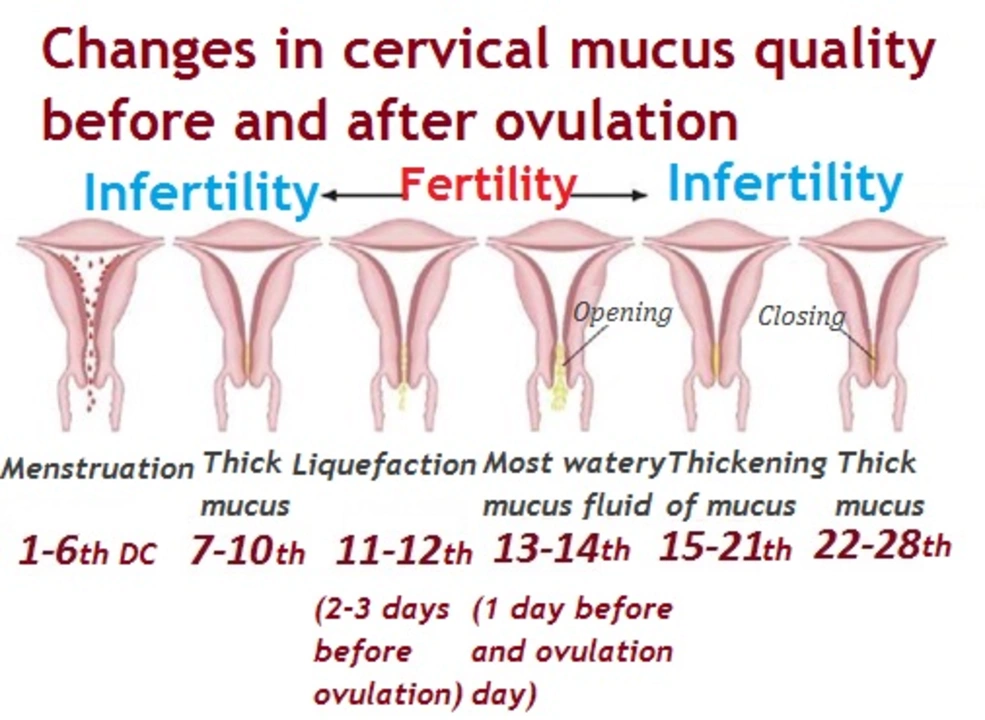Menstruation: smart, simple tips for period pain, heavy bleeding and meds
Periods can be annoying, painful, and sometimes worrying. Pain, heavy flow or irregular cycles usually have easy fixes, but a few signs mean it’s time to see a clinician. This page gives quick, useful steps you can try today and explains how some medicines and health issues change your cycle.
Quick relief and self-care
For cramps, start an NSAID like ibuprofen or naproxen as soon as you notice symptoms — they work best when taken early and on a regular schedule for the first 48–72 hours. Use a hot water bottle or heat patch on the lower belly; heat relaxes muscles and often beats stronger painkillers for immediate relief. Move a little: a short walk or gentle stretch can cut pain for many people.
If your flow is heavy, track pad or tampon changes. Drinking iron-rich foods or taking an iron supplement helps if periods leave you tired or pale. Also try magnesium (for cramps) and omega-3s (some people get less pain). Don’t mix supplements and prescription drugs without checking with a pharmacist or doctor.
When meds, conditions, or online pharmacies matter
Several medications can change your cycle. Blood thinners and some antidepressants can increase bleeding. Hormonal meds (like different birth control types) often cause irregular spotting for a few months. Thyroid problems commonly mess with cycles — if your periods shift when you’ve gained or lost weight, ask for a thyroid check.
Thinking of buying meds online? Read pharmacy reviews, confirm licensing, and never skip a prescription when it’s required. Our site has guides and reviews that show how to check an online pharmacy’s safety and what to avoid when ordering common prescriptions.
Watch for these red flags: soaking a pad or tampon every hour for several hours, passing very large clots, fainting, or bleeding that starts suddenly and heavily. Also get help if cramps stop you from working or sleeping despite OTC meds. Those signs need prompt evaluation.
Track your cycle for at least three months. A simple app or calendar helps spot patterns: short cycles, very long gaps, or sudden heavy bleeding are useful clues for your clinician. Bring that log to appointments — it makes diagnosis faster and more accurate.
Natural remedies can help, but be realistic. Exercise, steady sleep, and a balanced diet matter. If you try herbs or supplements, tell your doctor — some herbal products interact with common meds and can increase bleeding.
Want deeper reading? Check our posts on thyroid medications, nutritional support like parsnip-based supplements, and safe online pharmacy shopping. If your symptoms change suddenly or you’re worried, book a medical visit — a quick check often clears things up and points to simple, effective treatment.

The effects of thyroid disorders on the regulation of ovulation and menstruation
Apr 29, 2023, Posted by Mike Clayton
In my latest blog post, I discussed the significant impact thyroid disorders can have on the regulation of ovulation and menstruation. I found that both hypothyroidism and hyperthyroidism can lead to irregular periods and even infertility. It's crucial to understand that thyroid hormones are directly involved in regulating reproductive hormones, which in turn affect the menstrual cycle. Early detection and appropriate treatment of thyroid disorders can help in restoring normal menstrual function and improving fertility. It's essential to consult with a healthcare professional if you suspect any issues with your thyroid, as addressing the problem can make a huge difference in your overall health and well-being.
MORESEARCH HERE
Categories
TAGS
- treatment
- online pharmacy
- dietary supplement
- side effects
- generic drugs
- medication adherence
- medication safety
- health
- dietary supplements
- health benefits
- online pharmacy Australia
- generic substitution
- adverse drug reactions
- thyroid disorders
- gabapentin
- treatment option
- calcipotriol
- blood pressure
- erectile dysfunction
- closer look
